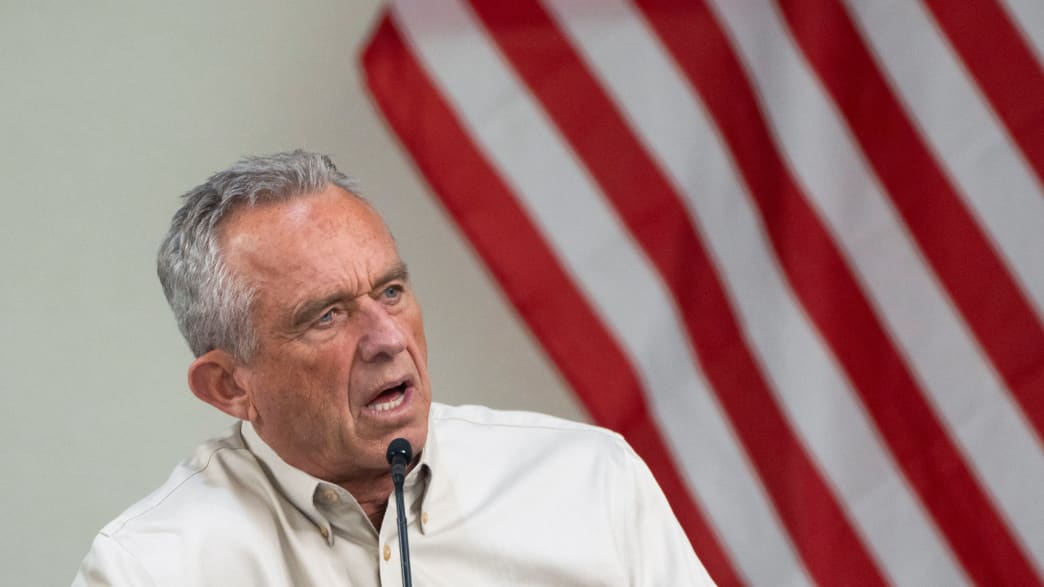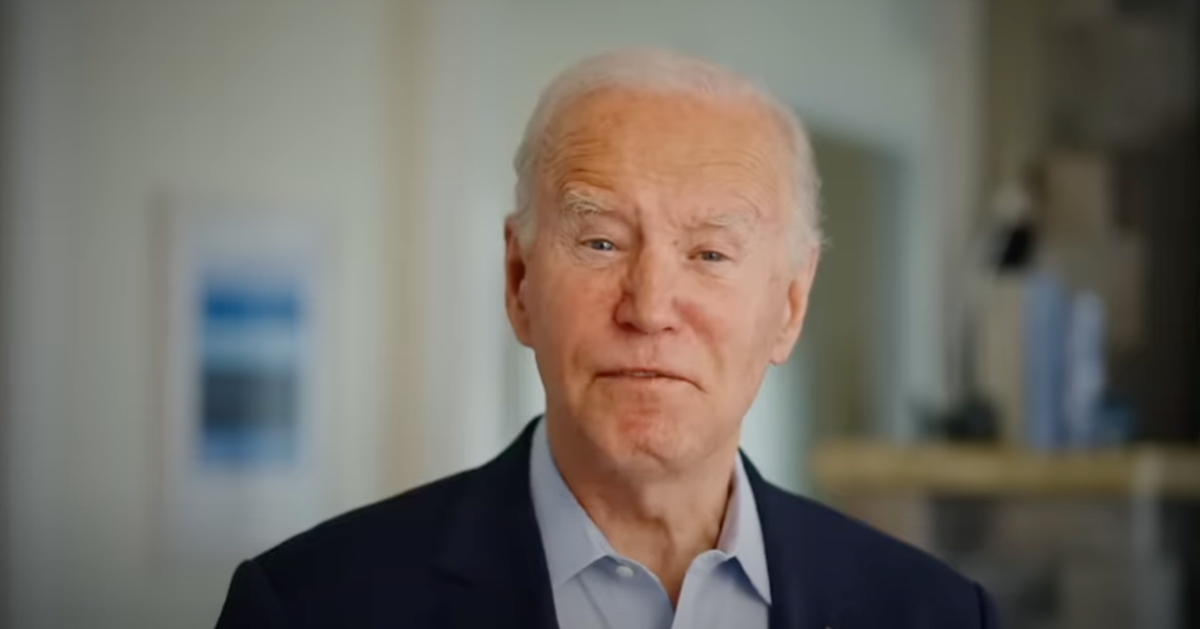House Bill Seeks to Ban Transplant Restrictions Over COVID-19 Vaccination
The situation arose when reports emerged about a 12-year-old girl named Adaline Deal who was allegedly removed from a heart transplant list due to her being unvaccinated. The case has sparked an intense debate, drawing mixed reactions from various stakeholders in the healthcare sphere.
Background Of The Legislation Proposal
Representative Rulli introduced a bill to prevent similar occurrences, prompted by this situation. Fellow Republican Representative Houchin supports his efforts, and both emphasize the need to separate medical care from vaccination prerequisites.
Rulli expressed his outrage, calling the prevention of transplants due to vaccination status an unacceptable practice, especially when it involves children. He stated that he could not believe a child’s life could be jeopardized over not receiving a vaccine.
Houchin agreed, arguing that hospitals must focus on saving lives rather than adopting measures influenced by political or ideological stances. He stressed that families deserve the autonomy to make medical decisions without fearing exclusion from vital healthcare services.
Voices Of Concern About Clinic Practices
The evolving discourse around this issue has seen varied responses from healthcare institutions. According to Rulli, some hospitals have been supportive of his legislative efforts, while others have tended to criticize the approach being taken.
Adaline's local representative, Houchin, has been particularly vocal in condemning the exclusion of children from transplants based on such criteria. He firmly stated that such actions reflect cruelty rather than scientific judgment.
A spokesperson from Cincinnati Children's Hospital provided insight into the general administration of vaccines in the context of transplants, although they did not comment explicitly on Adaline's situation. They elaborated on how immunosuppressed patients often rely on vaccines to mitigate risks related to life-threatening infections, especially post-surgery.
Debate Over Medical Ethics And Policy
The proposed bill, put forward as a remedy to what many see as an ethical conundrum, seeks to make it unlawful for healthcare facilities to deny children life-saving organ transplants solely due to their vaccination status against COVID-19.
This legislative proposal, however, has incited substantial debate among healthcare professionals. On one side, proponents argue that the preservation of life should transcend any bureaucratic or political barriers. On the other hand, critics may contend with the complications arising from immunological risks due to unvaccinated recipients being more susceptible to infections.
Certain policymakers and constituents increasingly call for reform in how vaccination requirements condition life-saving medical procedures, a sentiment reflected in the legislation.
Further Repercussions And Considerations
The implications of this proposed legislation reach beyond individual cases, potentially revisiting and restructuring hospital policies. Medical institutions stand at a crossroads, facing decisions that balance health safety, ethical obligations, and the freedom of personal medical choices.
Rulli's remarks underscore a critical sentiment rooted in safeguarding the future of children. Many people resonate with his assertion that children should not face life-or-death situations hinging on their COVID-19 vaccination status, fostering a debate on how healthcare settings approach such conditions.
As the dialogue around this issue unfolds, legislators, families, medical professionals, and hospitals alike will need to weigh the evolving dimensions of medical ethics, healthcare policy, and individual rights to move toward a resolution.






